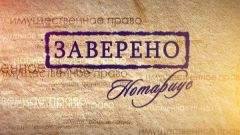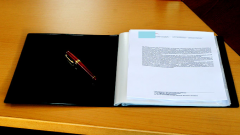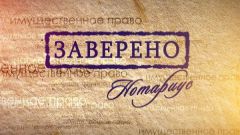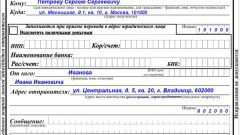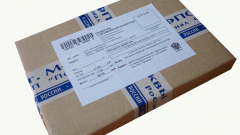Instruction
1
Contact the notary. According to the Russian legislation on notaries, the notary only certifies the translator's signature. He is not responsible for incorrect translation of the document only certifies that the translator who did the translation of the documents verified his powers, i.e. he has a degree in linguistics.
2
Provide the necessary documents. The documents to be translated, must meet certain requirements. They must be prepared in accordance with legal requirements and must not have any erasures, misprints and unspecified bug fixes.
3
The original that contains more than one sheet, must be sewn, numbered and seal of the issuing organization.
4
Legalize in the prescribed manner all documents which are compiled and issued outside the territory of Russia and submitted for translation.
5
Please note that you must notarize the signatures of individuals on whom the power of attorney, and persons of foreign legal entities.
6
All copies of foreign documents or notarized copies of documents of the Russian Federation, the text of the translation and the page where the surname, name, patronymic and signature of the translator and the notary needs to be sewn together. The place itself is fasteners, which is located on the last page of the document, stick with thick paper where the point number in the register, date and number of pages in the document and certified with the seal and signature of a notary.
7
Notarization of translations you will need for the following documents: contracts, constituent documents, financial and other documents for your organization. birth certificates, marriage, divorce and other securities that are issued by civil registry offices. labor books, references. of diplomas, certificates, certificates, power of attorney, wills and other notarial documents. passport, driving license and identity etc.

